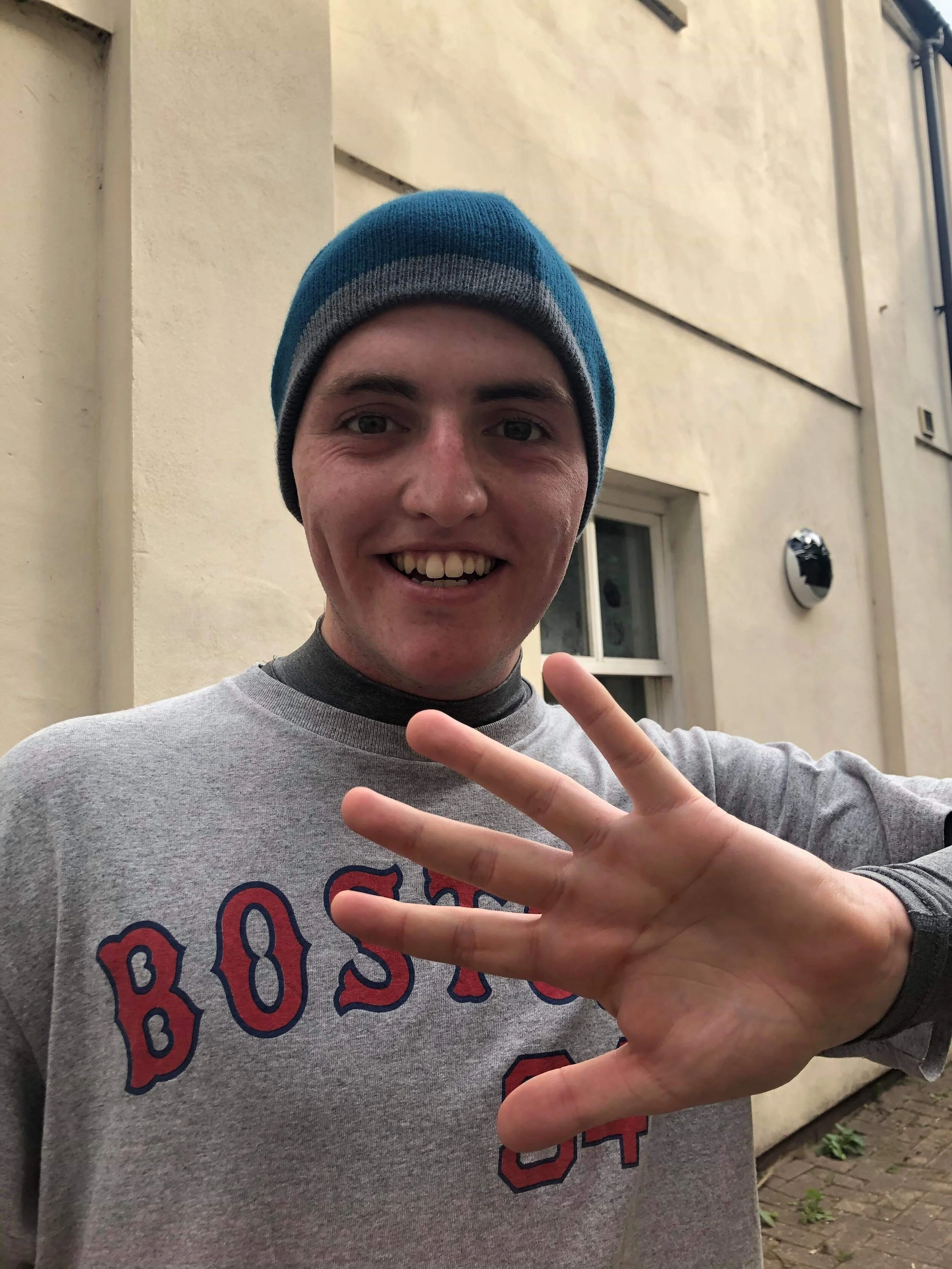Remembering an Icon: Maradona the Complex Messiah
Religious figurehead, friend of Castro and a cocaine addict. Diego Armando Maradona was more than a footballer. He was probably more than a cultural icon - for some, he is a deity. The legacy of Maradona from poverty in Buenos Aires to the church founded in his name is a substantial one.
For many younger generations, we’ve seen the world cup winner as a retired clown with white powder under his nose. In one viral video he’s firing an assault rifle at some journalists; in another his assistants are blocking the cameras so he can do a line of cocaine. But to those who remember his prime, “El Diego” is an immortal.
His magical moments twinned with his individual controversy are summed up in one game of football. Breaking English hearts at the 1986 world cup, he scored one of the greatest goals of all time - a jinxing run through the whole England team. Just 4 minutes before this goal his most famous misdemeanour, the “Hand of God” handball goal, had shocked the world. The image of Maradona rising above Peter Shilton to punch the ball into the net is still iconic. Maradona’s career statistics, 345 goals and 9 trophies, are legendary in their own right. Winning the league in Spain, Italy and Argentina shows his skill regardless of form or team. But people were not weeping on the streets of Naples because of his statistics. His artistry and flair was what turned admiration into adoration. His famous 1989 UEFA cup semi final warm up (check it out on YouTube ) is an example of how football can be beautiful and emotive as he dances and plays in time.
As famous as his footballing prowess was his wild lifestyle. His hardly believable schedule was notorious: a game on Saturday, a cocaine and alcohol binge Sunday to Tuesday, followed by training and detox Wednesday to Friday, another Saturday game. One particular binge saw Maradona partying with Pablo Escobar in his Colombian prison, Le Catedral. Escobar wasn’t the only famous figure who recognised Maradona’s revolutionary rise to prominence from poverty. Catching the attention of Fidel Castro and Che Guevara, Maradona visited Cuba many times and firmly stood with the socialist movement across South America throughout his life.
And then there's Iglesia Maradoniana; a religion begun in Rosario, 1998. The founder Alejandro Veron cites football as his religion. Every religion needs a Deity and, to those like Veron, Maradona’s footballing ability and charisma stretch beyond a mere mortal. Religious celebrations on memorable dates in Maradona’s life, a baptism recreating the “Hand of God” goal and ten commandments (including naming your first born Diego) are all part of the religion’s belief system.
So as a European Cup winner, a political activist and an inspirational footballer Maradona, may not be a deity but, he is a true great. And as a new disciple of Maradona’s, I urge you to spread the news of Diego’s miracles across the universe, this being the the 7th commandment of Iglesia Maradoniana. Go on YouTube, watch him play and dance and act and be brilliant. If we do this, his legend will live on forever.
Written by Joly Cox
Hi, I'm Joly. I'm a student at the University of Bristol in my final year doing Politics. I love writing about things I love: music and it's relationship with social movements, travel and current affairs (particularly with a focus on Africa) and food (especially the teesside parmo). More than this though, my true passion is sports. Football, cricket, basketball; in fact anything athletic I love to play, watch and write about.

